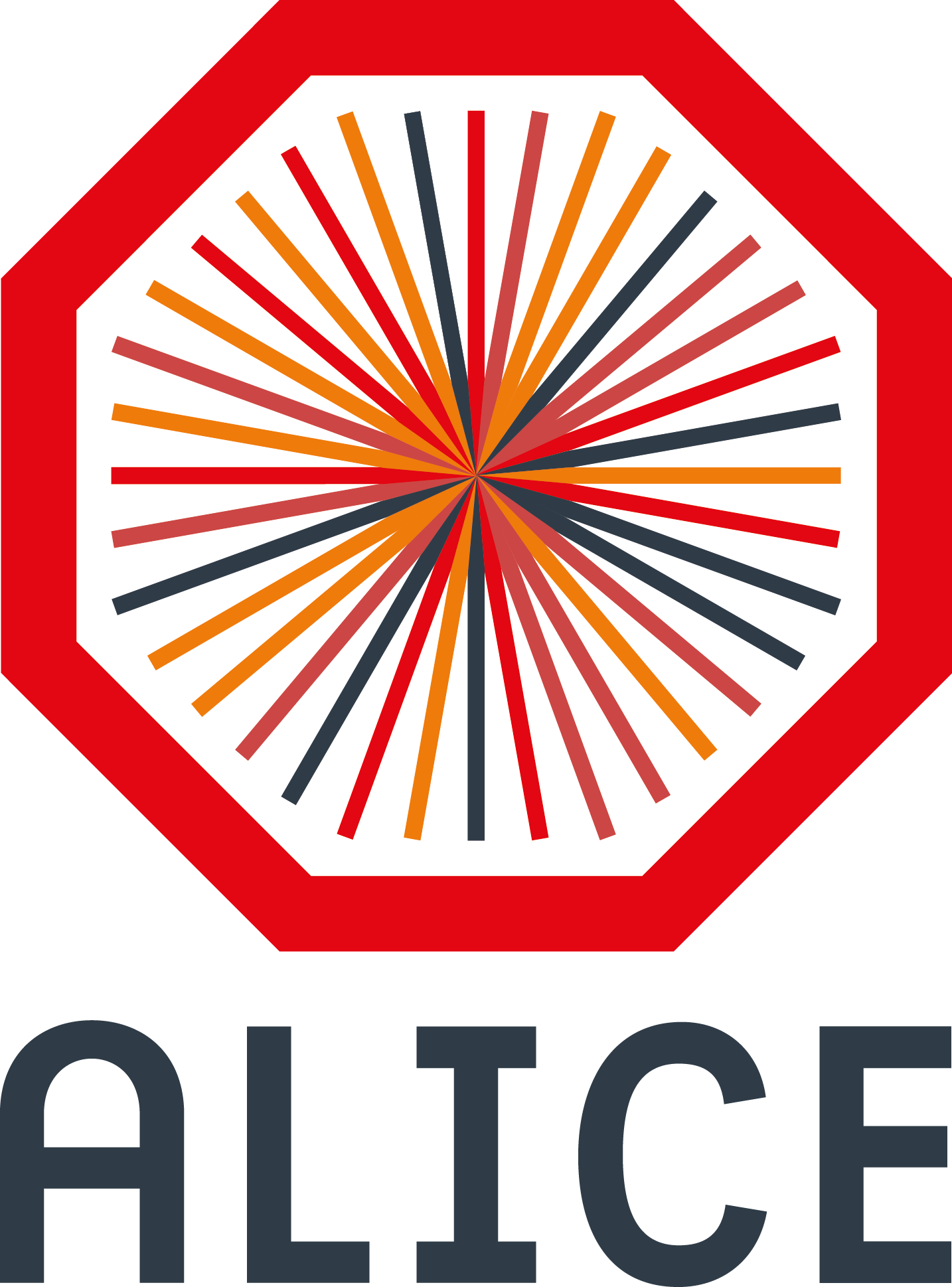|
|
The ALICE experiment has been designed to study the properties of strongly interacting matter at the extreme values of density and temperature attained in Heavy-Ion collisions at the LHC. |
At the scales explored so far, quarks are confined by the strong interaction inside protons and neutrons, the building blocks of the atomic nuclei which together constitute the known, visible part of the Universe.
At a temperature around 2000 billion degrees (about one hundred thousand times the temperature in the core of the Sun), these structures melt into a plasma of elementary particles which has been dubbed the Quark-Gluon Plasma (gluons being the carriers of strong interaction, that holds the nuclei together). According to the Big Bang cosmological model, such temperatures correspond to the state of the early Universe during the first few millionths of a second: the Quark Gluon Plasma thus represents the primordial state from which evolved all matter in our present Universe.
Similar conditions are created, albeit for a fleeting instant, in collisions of heavy-ions at the unprecedented energies offered by the LHC. This opens the unique opportunity to create and study in the laboratory tiny droplets of this primordial matter. About 1500 scientists from over 150 institutions from all over the world have joined forces to build and operate the ALICE experiment. The results obtained so far are among the most important scientific achievements of the LHC, and they are just the start of a journey to discover of the properties of this extraordinary state of matter.
The structure shown below is valid until 28.2.2026.
| Group/section | Leader | ||
|---|---|---|---|
| CERN Team Leader | L. Musa | ||
| EP-AID | Detectors & Systems | A. Di Mauro | |
| EP-AID-DA | Data Acquisition | V. Chibante Barroso | |
| EP-AID-DC | Detector Control System | A. Augustinus | |
| EP-AID-DT | Detector Technology | A. Di Mauro | |
| EP-AIO | Management & Engineering Support | L. Musa | |
| EP-AIP | Physics & Computing | A. Morsch | |
| EP-AIP-GTP | Grid Technology & Production | L. Betev | |
| EP-AIP-PAP | Physics Analysis & Performance | J.F. Grosse-Oetringhaus | |
| EP-AIP-SDS | Software Development | P. Hristov | |

